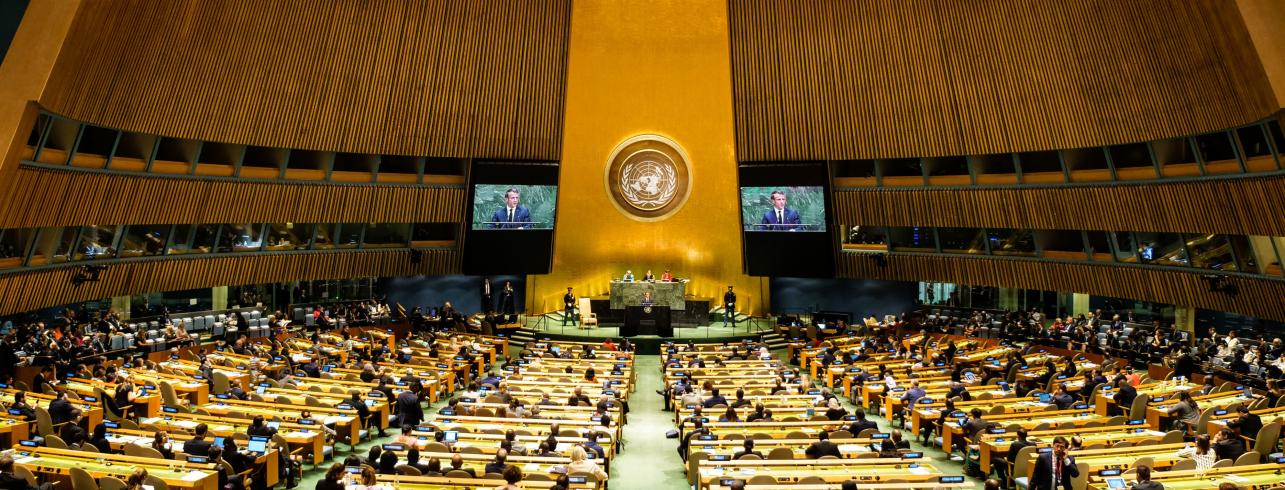
The vision of the One Planet Summit is to offer a new, pragmatic and effective framework for action, one that will contribute to broadening and renewing international cooperation for the ecological transition. A platform for joint commitment bringing together all these stakeholders, and their willingness to act, generates many synergies. Tangible and useful solutions on the ground emerge, resulting in a turning point for the environment. The One Planet Summit also helps incorporate climate and environmental challenges into the very core of development models, on a global scale.
This broad and inclusive method is in synergy with more institutional multilateral cooperation, especially in the context of the major United Nations conventions on climate change, biodiversity and combating desertification. By experimenting with new ways of working, demonstrating that stakeholders from public sector and civil society are ready to get involved, and raising funds for the ecological transition, these initiatives all contribute to creating the conditions for successful intergovernmental negotiations. This method also builds on the work carried out at conferences by the parties to those conventions, bringing about ambitious and transformative projects and shaping the action agendas.
The cross-cutting nature of the One Planet Summit also contributes to the convergence of environmental agendas and helps achieve convergence in combating desertification and climate change, and in preserving biodiversity. All too often, these issues are dealt with separately, despite the fact that they are inextricably linked. Coherent and effective action requires them to be tackled head-on, collectively.
